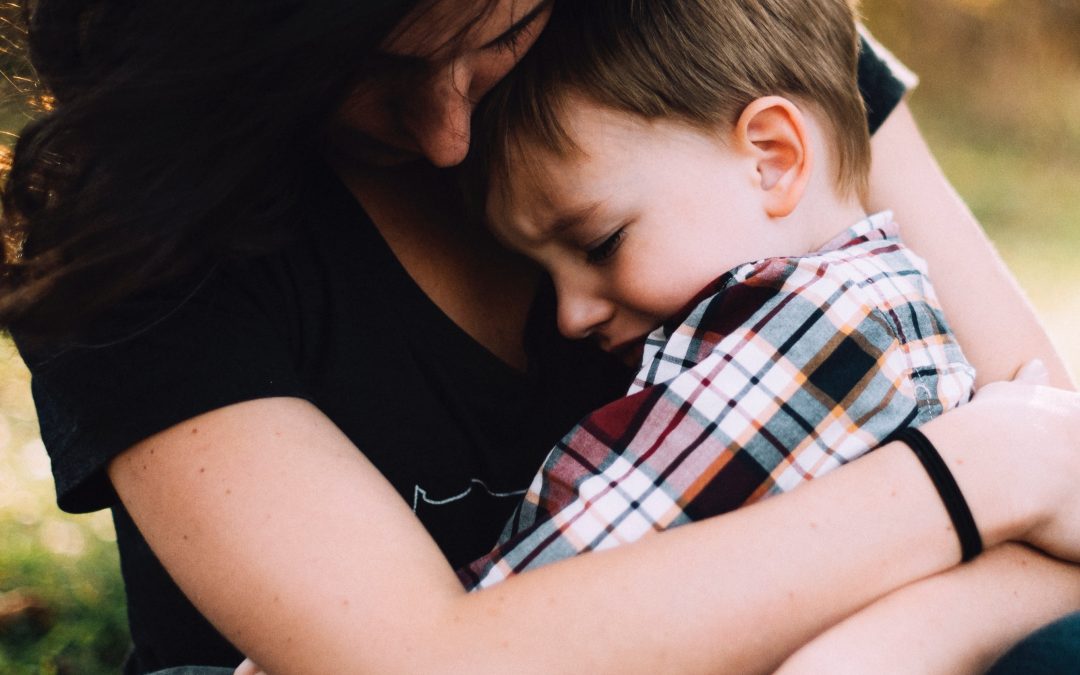Anxiety is a preoccupation of worry that interferes with functioning. It gets in the way of daily routine and causes a tremendous amount of stress that leaves one feeling overwhelmed, uneasy, scared, and worried.
With adults, it can be easier to diagnose anxiety because of adults’ ability to describe in more accuracy how they feel and what they’re experiencing. In children, however, they may not have the verbal acquisition, insight or life experience to describe accurately what they’re feeling.
Here are 4 behaviors that could indicate your child is experiencing anxiety:
1) Headaches and bellyaches. Some kids may describe physical ailments when actually they’re feeling emotionally dysregulated; this experience is called a psychosomatic complaint. A parent or caregiver might use medication but find that medication does little to ease the pain or is ineffective. Parents often feel confused because their child’s “pain” either continues or seems to get worse.
What to keep an eye out for? Kiddos who often seek out the nursing office at school or say they feel sick frequently.
2) So many emotions! There may be times you notice your child goes through a quick round of intense feelings in a short amount of time. They may go from feeling worried to suddenly getting angry and grumpy all because you mentioned you would be getting home late from work.
What to keep an eye out for? Tantrum throwing or being overly sensitive.
3) Loss of appetite. Although your child may be a finicky eater to start, loss of appetite is different. It suggests a child does not feel hungry, not that they don’t want to eat what you made. With anxiety, your mind may be going a million miles an hour, and your body and its needs can sometimes go by the wayside. It is not simply missing a meal or two, loss of appetite is usually detected over multiple days during the week for weeks on end.
What to keep an eye out for? Kids not eating at school because they “don’t like the food” or returning home with most of their food in their lunchbox.
4) Chicloso. Spanish for “sticky”; derived from “chicle” which means chewing gum; your child aka “the sticky one.” If your child is acting chicloso they don’t want to leave your side and are unusually clingy. They don’t want you to drop them off anywhere and may grow difficult to manage if plans change. In essence, they want to be with you rather than go with friends, go to school, sometimes even reverting to developmental milestones they have already passed (ex: wanting to co-sleep with you). This behavior goes beyond them not wanting to go to places. They may feel genuinely worried or even fearful of being separated from you.
What to keep an eye out for? Clinginess and regressing to behaviors you thought they grew out of (ex: bedwetting, sucking of thumb, wanting to be carried, etc)
Each of these symptoms alone can be common for kiddos who are going through normal development. However, when these symptoms are combined and/or occur over weeks and into months, I urge you to take heed. Pay attention to these behaviors and attempt to have a conversation with your child about it. When in doubt, share your concerns with their pediatrician or have a consult with one of our counselors.


Recent Comments